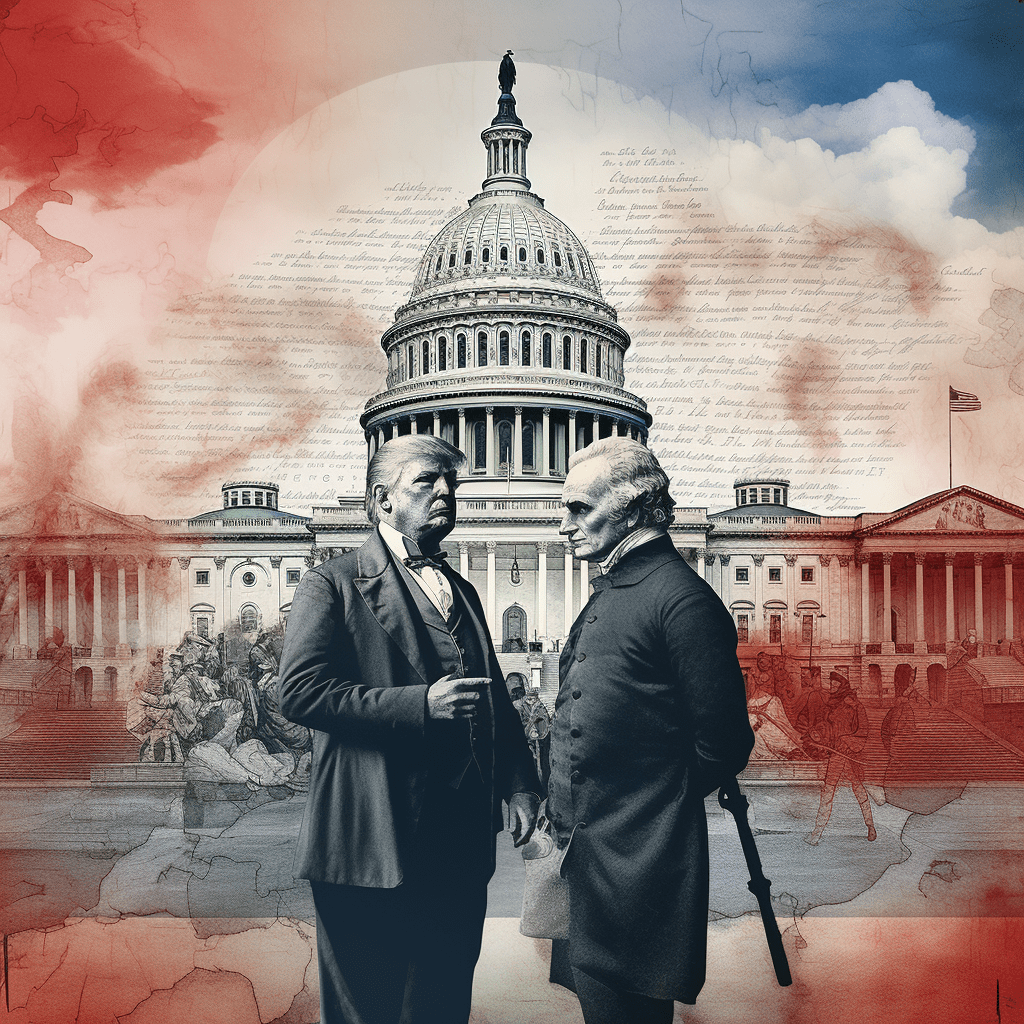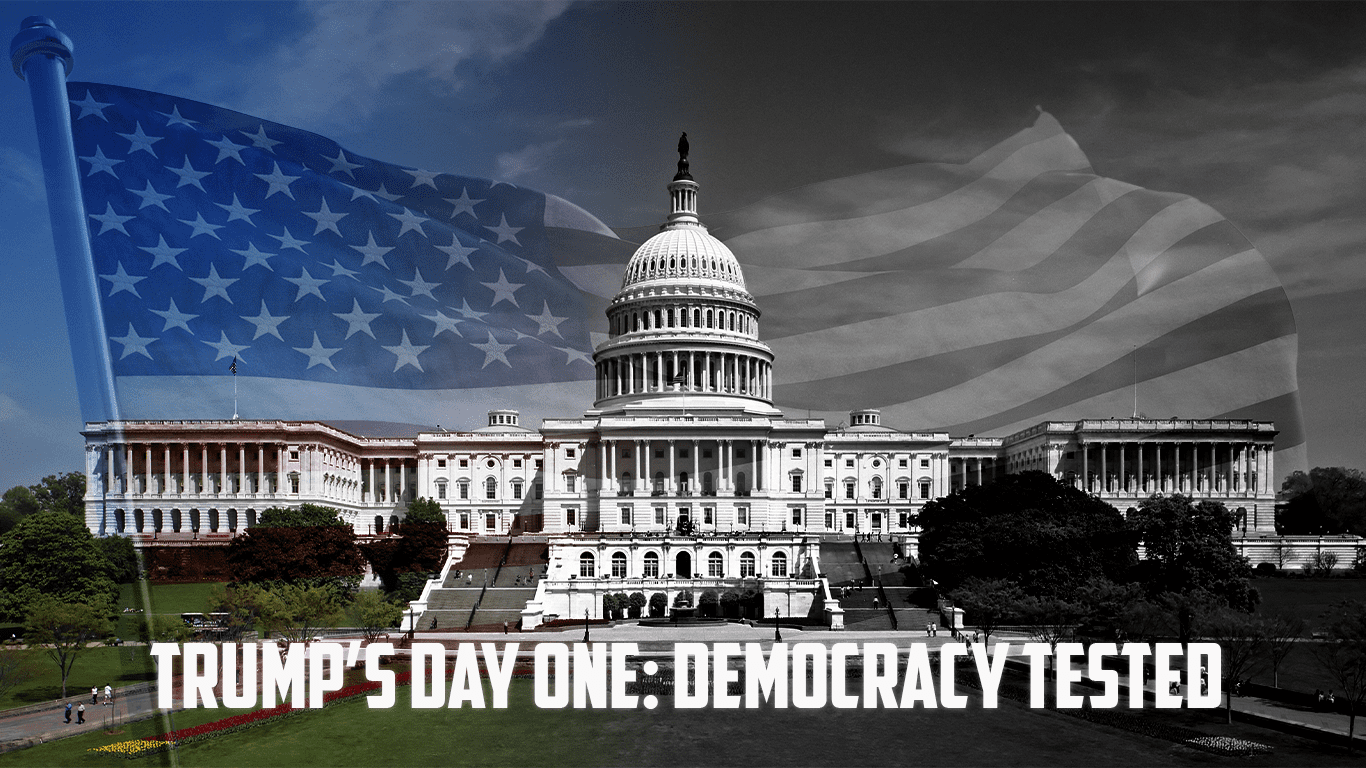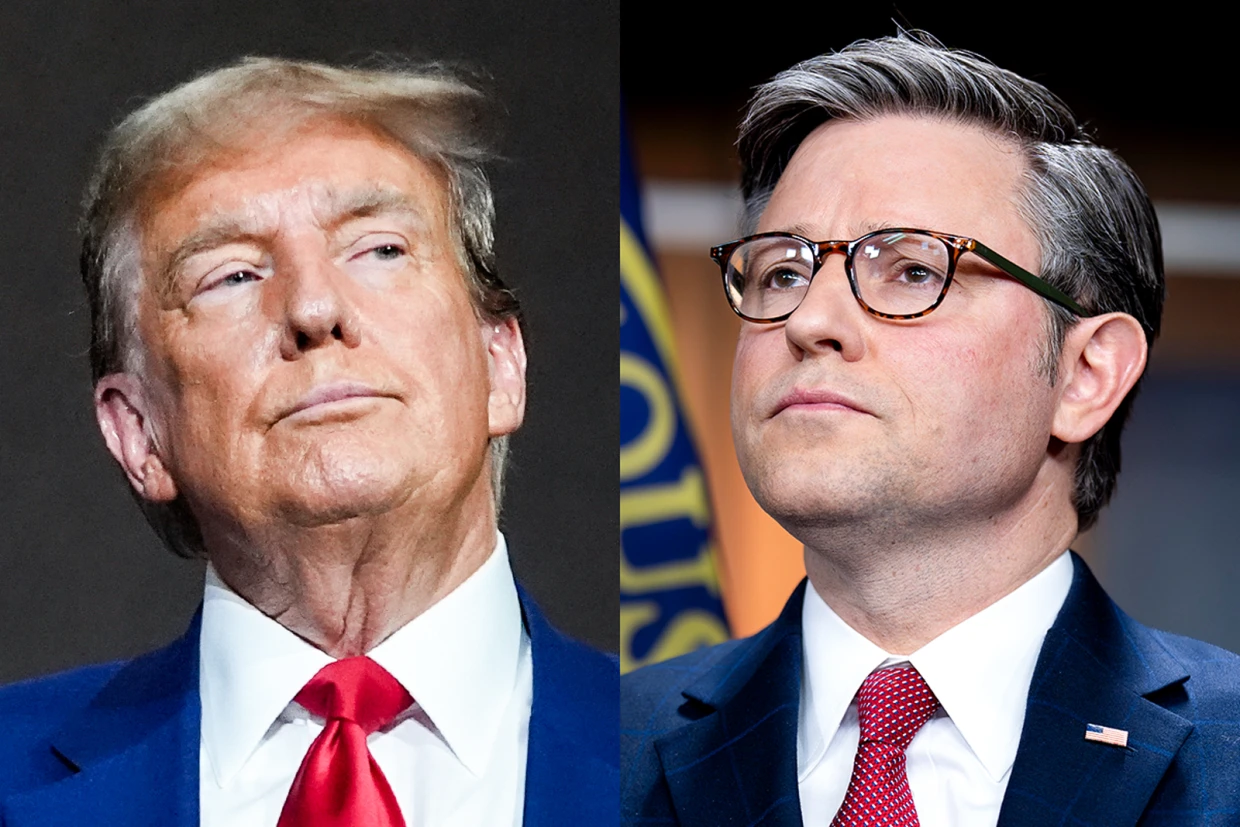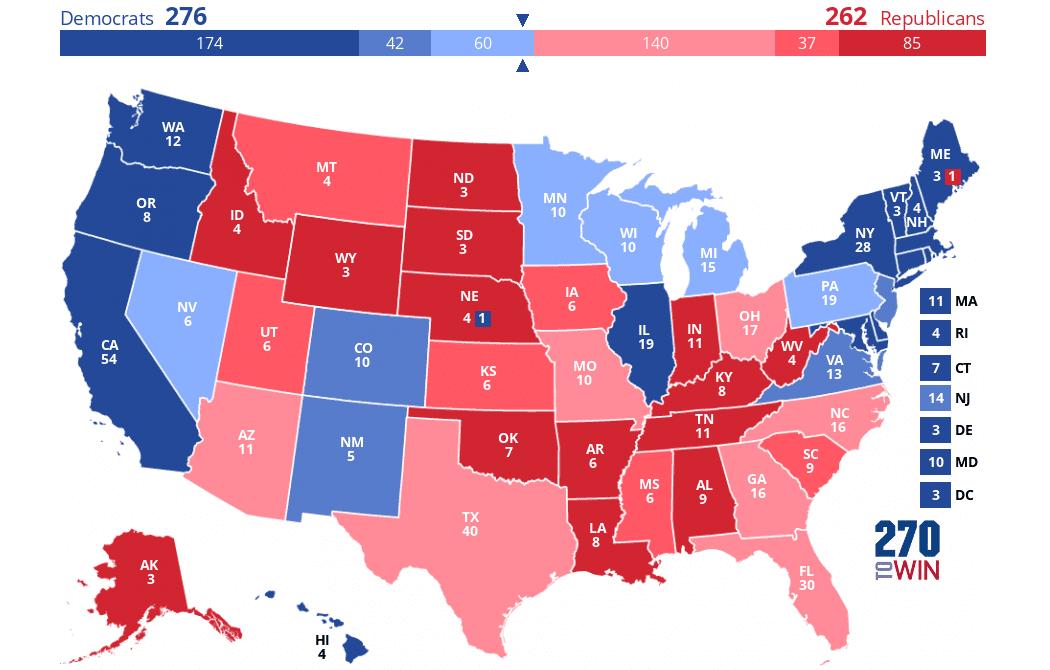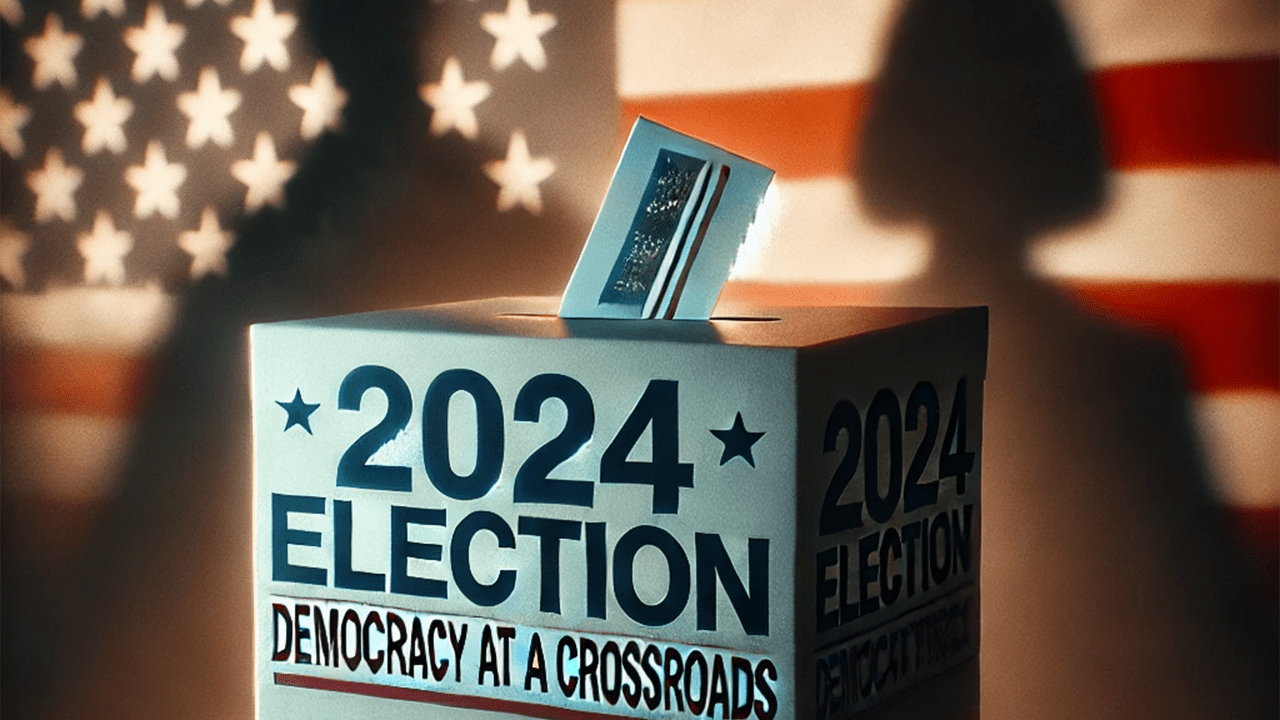It was a rainy day when Jefferson Davis, the former President of the Confederate States of America, decided to run for the U.S. Senate. The year was 1875, and the wounds of the Civil War were still fresh. Davis, having been the leader of the Confederacy, faced a significant hurdle: the 14th Amendment, Section 3. This provision barred individuals who had engaged in “insurrection or rebellion” against the U.S. from holding office. Davis’s ambitions were thwarted, and he never held public office again.
Fast forward to the tumultuous era of Andrew Johnson, who became president after Lincoln’s assassination. Johnson, a Southern Democrat, had a contentious relationship with the Radical Republicans in Congress. His opposition to the 14th Amendment and its protections for freed slaves was well-known. Johnson believed that the amendment was a punitive measure against the South and did not support its ratification.
Now, let’s jump to our modern era. Donald Trump, the 45th President of the United States, has been a polarizing figure, to say the least. His actions leading up to and on January 6th, 2021, have been the subject of intense scrutiny and debate. Could the 14th Amendment, Section 3, once again come into play?
Two prominent conservative law professors, active members of the Federalist Society, have recently concluded that Donald J. Trump is ineligible to be president under the same provision of the Constitution that once stymied Jefferson Davis. Their findings, based on originalist interpretations of the Constitution, suggest that Trump’s actions on January 6th qualify as engaging in an insurrection. This interpretation, if upheld, would mean that Trump could not run for president or hold office unless two-thirds of Congress granted him amnesty.
The New York Times article further elaborates on the professors’ findings, detailing the evidence they used to reach their conclusion. They argue that Trump’s efforts to overturn the 2020 election results, his encouragement of false electors, his pressure on the vice president, and his silence during the Capitol attack all point to his engagement in insurrection.
However, as with any legal interpretation, there are dissenting voices. Some argue that the professors’ view is too broad and doesn’t align with historical interpretations of the 14th Amendment. Yet, the debate rages on, with some even suggesting that state secretaries should exclude Trump’s name from ballots based on this provision.
So, what does this all mean for the future of American politics? Will the 14th Amendment, Section 3, once again shape the course of history? Only time will tell.
The stories of Jefferson Davis and Andrew Johnson serve as historical precedents, reminding us of the power and significance of the 14th Amendment. As we reflect on these tales from the past, we must also consider the present and future implications for American democracy.
The question remains: Should Donald Trump be allowed to run for office again? The answer may lie in the pages of history and the interpretation of our Constitution. As engaged citizens, it’s our duty to stay informed, participate in the democratic process, and ensure that the rule of law is upheld.

